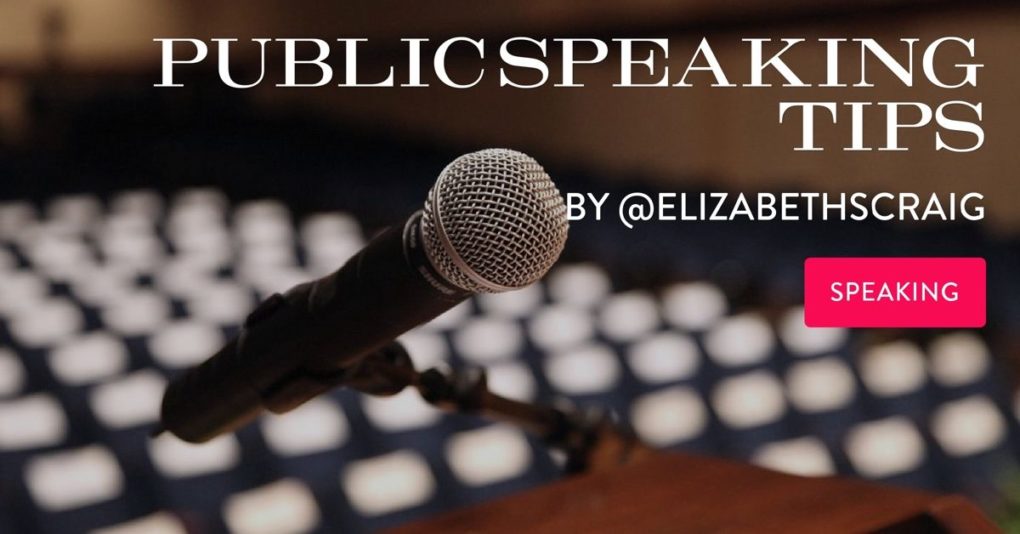by Elizabeth S. Craig, @elizabethscraig
There are some writers I know who were born to be public speakers. They do a great job with audience engagement and can captivate a room.
Then there are the rest of us. :)
As I’ve said before, I’ve definitely made my peace with public speaking by this time and have grown to enjoy it. It’s has taken me years to finally embrace it (I’ll give a shout-out to Toastmasters, which provided a lot of help).
Here are some tips that I’ve learned along the way
Know your audience in advance. I’ve learned that this is essential. Sometimes, for example, I’m speaking to beginner writers. Sometimes I’m speaking to writers who know a good deal about writing and promo. If I mess up and make my speech too complex or too easy to understand, I’m going to lose audience interest and look unprepared. Usually the event organizer has some idea about who is going to be attending. And, obviously, it’s also important to know if you’re speaking to writers or to readers.
Get Q&A questions in advance to spur others later. If you’re speaking to a group, club, or organization, ask the event organizer to get some early questions. Or you could pass out index cards to the audience before the event.
When preparing the speech, focus on value for the audience. Once you know who the audience is, you can prepare a talk that will keep their interest with information that they find useful. This, to me, is half the battle of giving a good speech.
Arrive early. Arriving early helps for a variety of reasons. It helps us in case something has gone wrong (sometimes there are technology issues) and it helps us because we can greet audience members as they come in (which helps allay nervousness).
Ask the audience a question as a warm-up. When I speak to groups of readers, I’ll poll the audience by asking for a show of hands to a general question (for me, it’s usually ‘How many of you grew up reading mysteries?’). Not only is their answer interesting to me, but it usually functions as a great warm-up and gives me a little information about my audience.
Continue gauging audience interest. If audience members start looking bored, sleepy, or restless, I’ll change direction and try something else.
Move. Instead of standing behind the podium, it can be helpful to move around to engage the audience better. Although I think too much movement looks a little too restless.
If using a powerpoint, visuals are key. Reduce text. Create visuals using free tools like VisualHunt and Canva to make your slides. It’s generally said that slides with too much text are overwhelming.
Pause for laughter. If people are laughing, it’s best to wait instead of trying to talk over them and cutting the moment short.
Consider adding more value by making your notes and links accessible to audience members on a password-protected page on your website. This tip is more useful when speaking to writers’ groups and conferences.
If you’re ready to do more public speaking, create a ‘speaking’ page on your website and include ‘speaker’ in your LinkedIn headline. If no one knows you’re available to speak, you’re likely not going to get many invitations.
Do you do much public speaking? What tips can you add?
Tips for public speaking: Click To TweetPhoto credit: bionicteaching via Visualhunt.com / CC BY-NC



